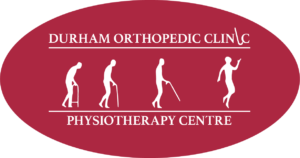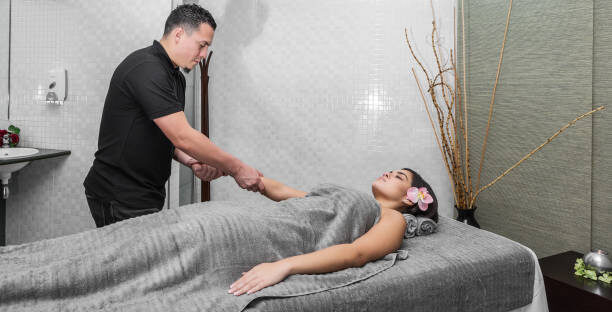A Registered Massage Therapist (RMT) plays a crucial role in promoting health and well-being through the skilled application of massage techniques. They follow professional practice standards to deliver safe, ethical and effective care. Some key aspects of a Registered Massage Therapists role include;
Assessment and Evaluation
- RMTs begin by conducting thorough assessments of clients, taking into account medical history, lifestyle, and any specific concerns or conditions.
- They may perform postural assessments, range of motion tests, and palpation to identify areas of tension, pain, or dysfunction.
Treatment Planning
- Based on their assessments, RMTs develop personalized treatment plans tailored to the individual needs of their clients and may include self care and lifestyle adjustments.
- They may collaborate with other healthcare professionals to compliment the overall treatment plan for clients dealing with complex health issues.
Massage Techniques
- RMTs training includes human anatomy and physiology, pathology, Swedish massage techniques, hydrotherapy and remedial exercise.
- RMTs may expand their skills with training in protocols such as deep tissue, trigger point, myofascial release, prenatal, sports massage, breathing techniques, manual lymph drainage or craniosacral therapy.
Pain Management and Rehabilitation
- RMTs play a crucial role in managing pain, whether it’s related to acute injuries, chronic conditions, or post-surgery recovery.
- Massage Therapy treatment has a therapeutic effect on the body providing pain and swelling relief, lowering blood pressure, improving sleep, alleviating muscle tension and improving flexibility
Stress Reduction and Relaxation
- Massage therapy promotes physiological relaxation in the body while reducing pain and muscle tension. The calm and soothing clinic environment promotes the stress relieving and relaxing benefits.
- Massage Therapy is known to improve sleep quality, reduce anxiety and effectively counter the effects of stress.
Client Education:
- RMTs educate clients about their bodies, helping them understand the causes of their discomfort and the importance of self-care.
- They may provide guidance on ergonomics, stretching exercises, and lifestyle modifications to support ongoing well-being.
Ethical and Professional Conduct:
- RMTs adhere to a code of ethics and professional conduct, ensuring client confidentiality, maintaining professional boundaries, and providing a safe and respectful environment.
- They stay informed about advancements in the field through ongoing education and professional development.
Collaboration with Healthcare Professionals:
- RMTs often collaborate with other healthcare professionals, such as physiotherapists, chiropractors, and medical doctors, to provide comprehensive care for clients.
- This collaboration can enhance the effectiveness of treatment plans and contribute to the overall well-being of the client.
A Registered Massage Therapist serves as a key healthcare professional specializing in manual therapy techniques, contributing to the physical, mental, and emotional well-being of their clients through assessment, personalized treatment, and ongoing support.If you are in pain and are looking to see a registered massage therapist or a physiotherapist contact the professionals at the Durham Orthopedic & Sports Injury Clinic at 905-428-7800 and start your road to recovery today.


